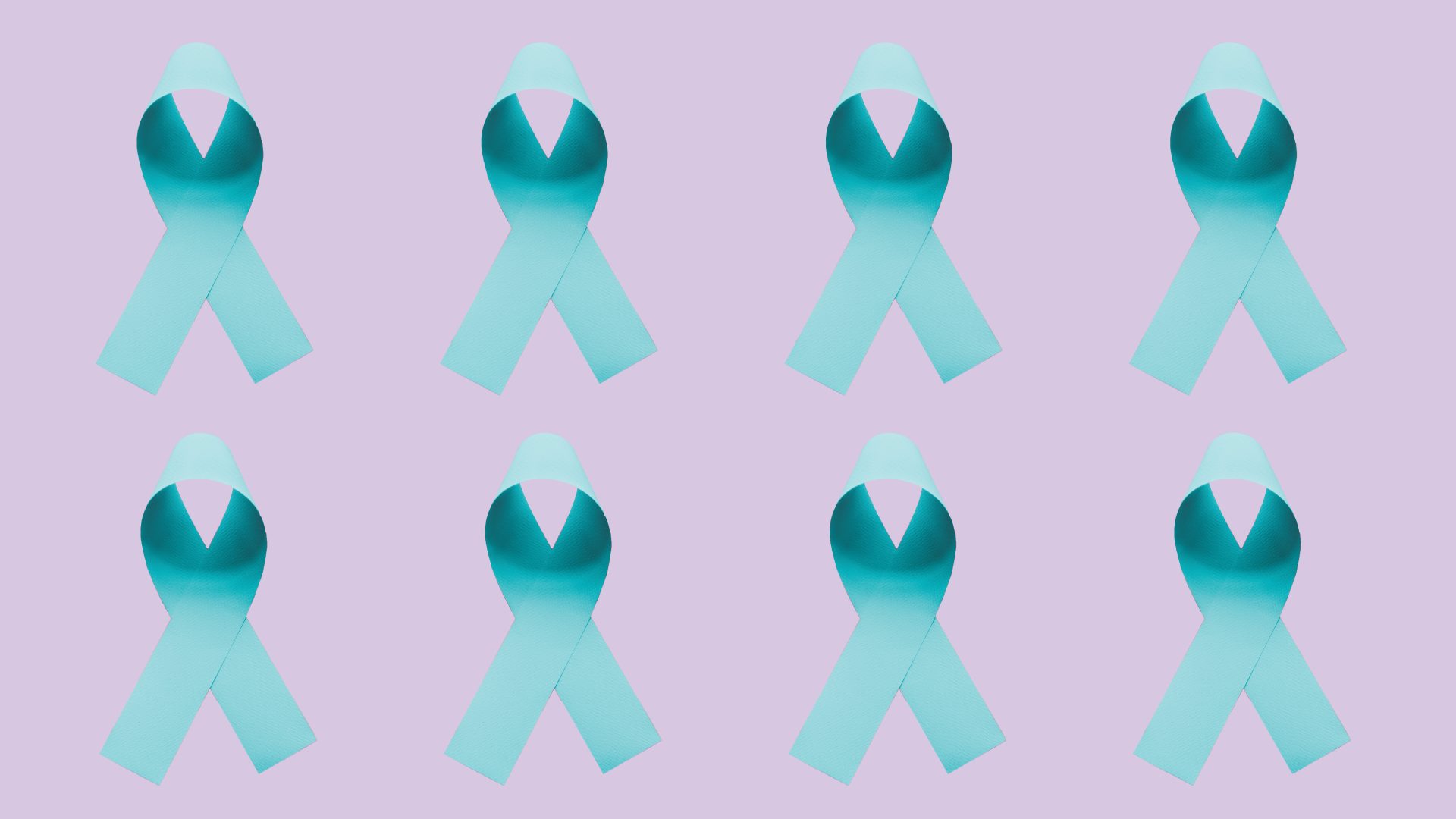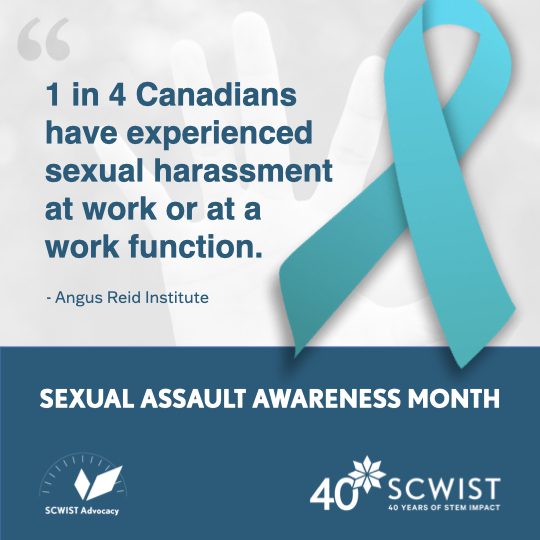Safe STEM Workplaces Literature Review
Back to Posts
Safe STEM Workplaces Literature Review
Written by Amanda Mack.
Although the recent #MeToo movement has led to an increase in awareness of gender-based and sexual harassment, it continues to remain a significant issue today in Canada’s workplaces.
Research has shown that one in four Canadians has experienced sexual harassment at work or at a work function (Angus Reid Institute). The rates found within male-dominated workplaces, such as within the STEM field, are even higher. For example, in Canada in 2020, 47% of women working in trades, transportation, equipment operation and related occupations reported experiencing inappropriate sexualized behaviour at work, compared to 19% of men (Statistics Canada, 2021).
Similarly, in the natural and applied sciences, 32% of women compared to 12% of men experienced inappropriate sexualized behaviours at work (Statistics Canada, 2021). Other Canadian studies have found higher rates of gender and sexual harassment among Indigenous women, 2SLGBTQ+ individuals, women with disabilities, and young women (Jaffray, 2020; Perreault, 2020; Hango & Moyser, 2018; Angus Reid Institute, 2018).
The Effects of Gender-Based Harassment
These high rates of gender-based or sexual harassment cause harmful effects for both those who experience it as well as the companies where it occurs. Victims of harassment are more likely to report depression, general stress, anxiety, and self-blame, and are more likely to become less involved in their work or quit (Lindquist & McKay, 2018).
In addition to these personal effects, workplaces which experience gender-based or sexual harassment face low employee productivity, high rates of stress and increased employee turnover (Mayer et al., 2020). By reducing gender-based and sexual harassment, workplaces can enjoy a more diverse, productive, and people-focused workplace.
Why Gender-Based Harassment Happens
The high rates of gender-based and sexual harassment can be linked to causes found within organizational culture. Studies have shown that companies continue to normalize and accept harmful behaviours such as “banter”, inappropriate jokes about someone’s gender identity or expression, and ignoring or mistreating someone due to their sexual orientation – all without repercussions (Mayer et al., 2020).
As a result, workplaces need to rethink how gender and sexual harassment are addressed by shifting away from minimizing legal liability to creating organizational cultures and norms that prevent gender and sexual harassment from occurring in the first place (Mayer, et al., 2020). If workplaces are intent on achieving a safe work climate, it is critical that more holistic approaches that focus on prevention, response, and accountability are implemented. And workplaces have legislated responsibilities to do this.
Looking For Solutions
There are proven methods which help to reduce gender-based and sexual harassment:
- Increasing accountability and transparency through conducting climate assessments regularly and releasing the results of the assessments to create an environment that does not tolerate harassment or violence.
- Ensuring that policies and procedures relating to harassment are clear, comprehensive, and jargon-free and regularly promoted to ensure employees’ familiarity with them.
- Training on policies and procedures as well as courses such as Bystander Training should be offered to employees and management.
- Organizations should build systems of response that empower employees by providing widely accessible support services alongside evidence-based practices: formal and informal reporting options, multiple reporting channels, investigation standards, and consistent enforcement.
These can be studied in more detail in WomanACT and SCWIST’s literature review.
Surrounding all of these measures is the need for trauma-informed principles to ensure employee wellness and recovery as they move through an unsafe and potentially traumatic experience.
The Supporting Safe STEM Workplaces project provides free support to companies that would like to improve their policies, procedures, and training regarding gender-based and sexual harassment. If you work for a company or know one that would benefit from this project, please contact [email protected] for more information.

Keep in Touch
- Stay up to date on all of SCWIST’s work to prevent gender-based harassment by following us on LinkedIn, Facebook, Instagram and X, or by subscribing to our newsletter.